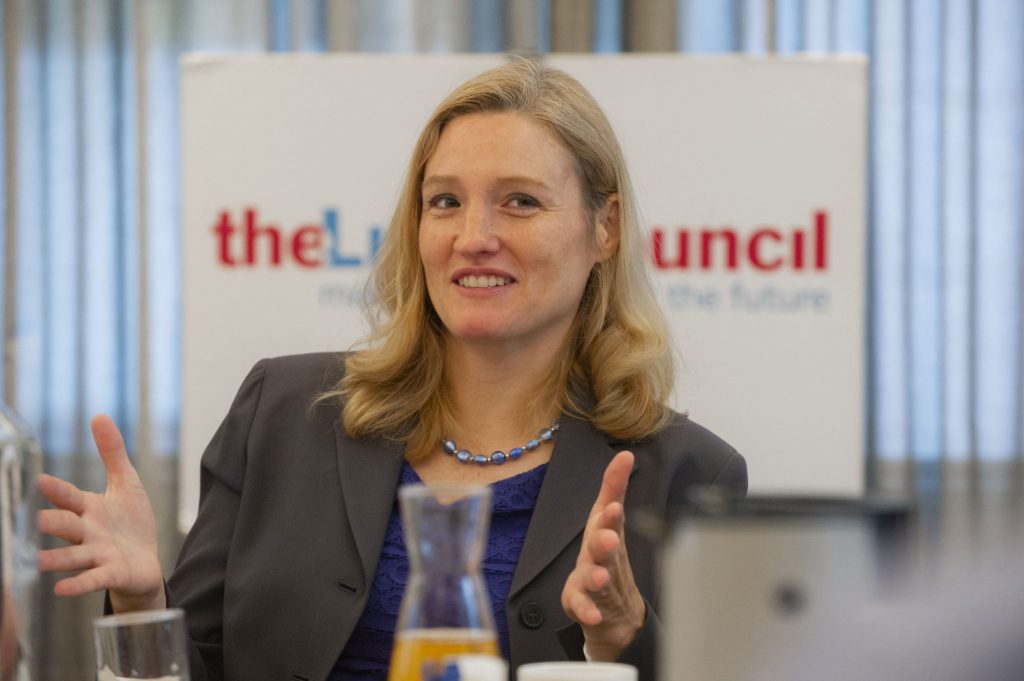May 2019
Ethics in Machine-Learning and Artificial-Intelligence Decision Making

The ethics of artificial intelligence – and the crucial question of whether data-trained algorithms can deliver fair outcomes or simply perpetuate existing human bias – is a key policymaking challenge. As regulators around the world grapple with the right formula for seizing the benefits of AI and machine learning, the Lisbon Council brought together a high-level group of policymakers, software engineers and researchers for a wide-randing discussion on Ethics in Machine Learning: Beyond Rhetoric, Towards Reality.
Eve Andersson, director of Google AI, kicked off the discussion with an overview of Google’s latest research on ensuring AI fairness, including an effort to mobilise AI to improve Internet accessibility for the disabled. Alessandro Annoni, head of unit for digital economy at the Joint Research Centre; Paul Hofheinz, president of the Lisbon Council; Bjoern Juretzki, policy assistant to the director-general of DG communications networks, content and technology at the European Commission; Stéphanie Lepczynski, senior director at the Lisbon Council; Klaudia Majcher, digital policy analyst at the European Political Strategy Centre; Charles Manoury, policy assistant to the cabinet of European Commission Vice-President Andrus Ansip; David Osimo, director of research at the Lisbon Council; Keith Sequeira, senior adviser in the cabinet of European Commissioner Carlos Moedas; and Chiara Tomasi, senior public policy and government relations analyst at Google, joined the wide-ranging exchange.
The discussion is the latest in a series of high-level talks, hosted by the Lisbon Council, to look at the ethical and political challenges and opportunities of artificial intelligence and machine learning. The discussions help to orient the association’s research agenda on artificial intelligence, which is ongoing.